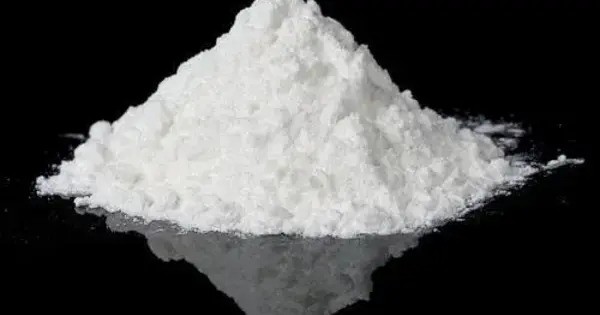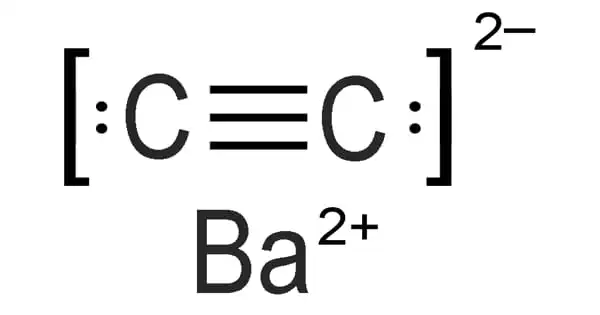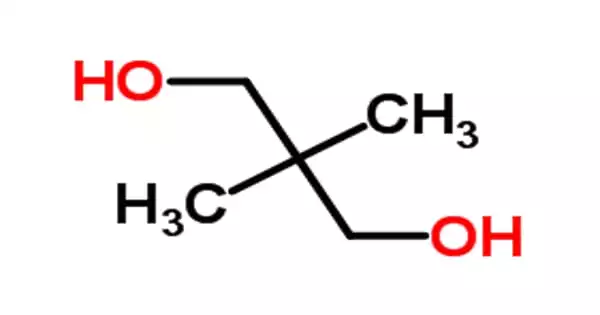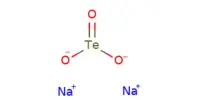Zinc chloride is an inorganic chemical compound with the formula ZnCl2·nH2O, with n ranging from 0 to 4.5, forming hydrates. It is a white, crystalline solid that is highly soluble in water. It has a variety of industrial and chemical applications, including in the production of galvanizing coatings, as a flux in metalworking, and in chemical synthesis.
Zinc chloride, anhydrous and its hydrates, are colorless or white crystalline solids, and are highly soluble in water. Five hydrates of zinc chloride are known, as well as four forms of anhydrous zinc chloride. It finds wide application in textile processing, metallurgical fluxes, and chemical synthesis. In a major monograph, zinc chlorides have been described as “one of the important compounds of zinc.”
Properties
- Chemical formula: ZnCl2
- Molar mass: 136.315 g/mol
- Appearance: White hygroscopic and very deliquescent crystalline solid
- Odor: odorless
- Density: 2.907 g/cm3
- Melting point: 290 °C (554 °F; 563 K)
- Boiling point: 732 °C (1,350 °F; 1,005 K)
- Solubility in water: 432.0 g/100 g (25 °C), 615 g/100 g (100 °C)
- Solubility: soluble in ethanol, glycerol and acetone
- Solubility in ethanol: 430.0 g/100 ml
Preparation and purification
Historically, zinc chlorides are prepared from the reaction of hydrochloric acid with zinc metal or zinc oxide. Aqueous acids cannot be used to produce anhydrous zinc chloride. According to an early procedure, a suspension of powdered zinc in diethyl ether is treated with hydrogen chloride, followed by drying The overall method remains useful in industry, but without the solvent:
Zn + 2 HCl → ZnCl2 + H2
Aqueous solutions may be readily prepared similarly by treating Zn metal, zinc carbonate, zinc oxide, and zinc sulfide with hydrochloric acid:
ZnS + 2 HCl + 4 H2O → ZnCl2(H2O)4 + H2S
Hydrates can be produced by evaporation of an aqueous solution of zinc chloride. The temperature of the evaporation determines the hydrates For example, evaporation at room temperature produces the 1.33-hydrate. Lower evaporation temperatures produce higher hydrates.
Applications
- Galvanizing: It is used in the galvanizing process, where it is used to coat steel to protect it from corrosion.
- Flux in Soldering: It is used as a flux in soldering to clean metals, such as copper, by removing oxidation during the process.
- Chemical Synthesis: Used in various chemical reactions, including as a catalyst or as a reactant in the production of other chemicals.
- Water Treatment: Zinc chloride is used in water purification processes.
- Antiseptic and Disinfectant: Historically, it has been used as an antiseptic or disinfectant for cleaning and wound care.
Safety Considerations
- Toxicity: Zinc chloride is toxic if ingested, inhaled, or absorbed through the skin in large amounts. It can irritate the skin, eyes, and respiratory tract.
- Corrosive: It is corrosive to metals, including iron, at high concentrations, and can cause damage to metal surfaces.
















